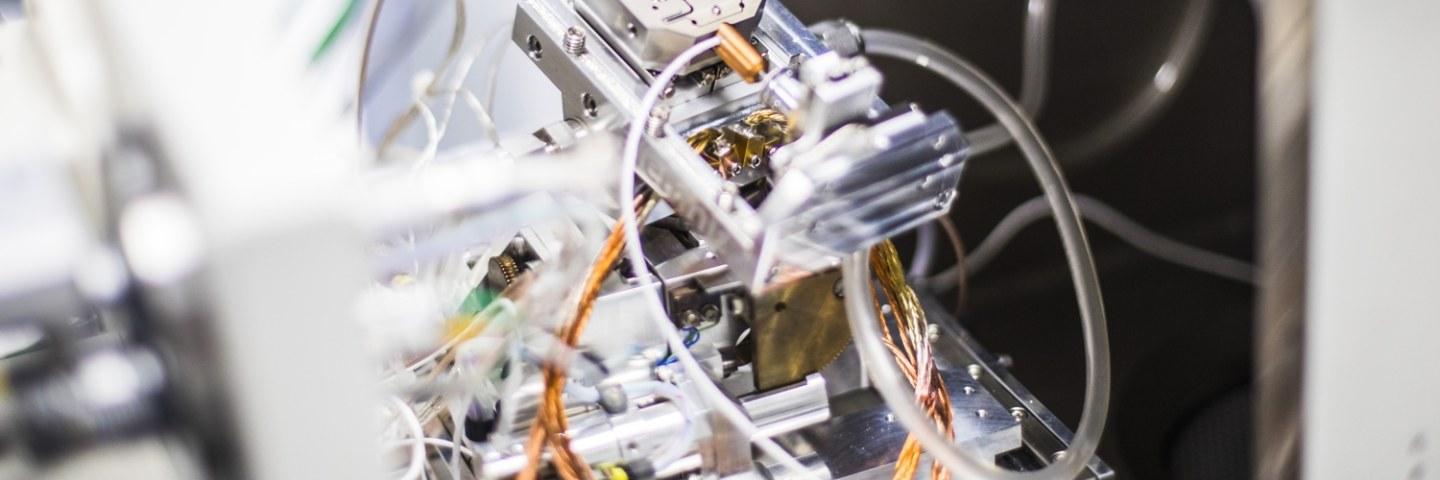This project aims to produce sustainable compositions of high entropy carbides (HECs). HECs are multi-metal carbides involving at least five types of metal atoms at near-equal concentrations. They exhibit crystalline periodicity and a precise carbon sublattice but display disorder in terms of metal cation packing. Thanks to relatively high configurational entropy, the lattice structure is distorted which influences both mechanical and physical properties. Up till now, the high entropy carbide compositions presented in literature have been rich in critical raw materials that have ethical, sustainability and supply chain issues. In this project, we aim to produce sustainable high-entropy carbide compositions free of such elements as W, Ta and Hf. Another important consideration while exploring the HEC design space will be to preferentially target compositions that favour plastic deformation by activating multiple slip systems and decreasing the critical resolved shear stress.
Thus, the overall objective is to create pivotal scientific knowledge that enables the development of next generation high entropy carbides based on sustainable raw materials and compositions that favour plasticity over brittle failure. This will be achieved by integrating accelerated computational design of potential compositions, optimised synthesis methods, detailed microstructural characterisation and thorough investigation of plastic deformation mechanisms using advanced in-situ micromechanical testing and electron microscopy. The project is expected to provide groundbreaking new knowledge on high entropy carbides, a new class of ceramics, and ductile ceramics in general. It is hoped that this research will pave the way for tailoring plasticity in this class of ceramics in future.
Funding
People
Gaurav Mohanty
Assistant Professor, Mechanical Behaviour of Engineering Materials Gaurav Mohanty
Gaurav MohantyTurkka Salminen
Staff Scientist Turkka Salminen
Turkka SalminenMari Honkanen
Senior Scientist Mari Honkanen
Mari HonkanenJarmo Laakso
Laboratory Coordinator Jarmo Laakso
Jarmo LaaksoSuprit Bhusare
Doctoral ResearcherPartners
VTT


